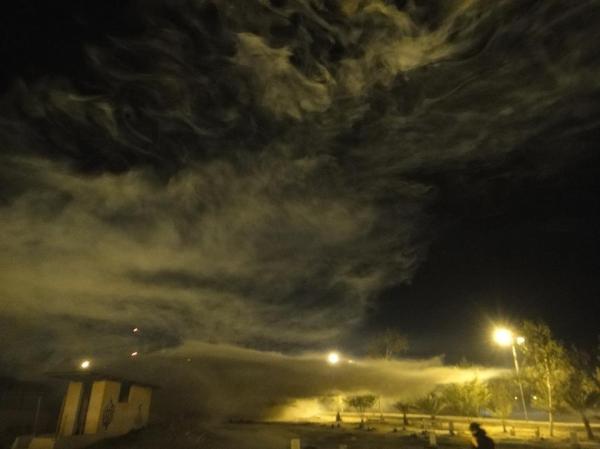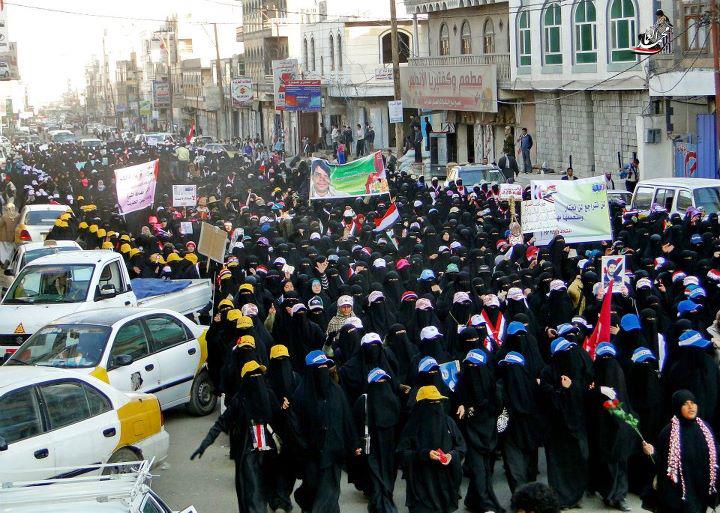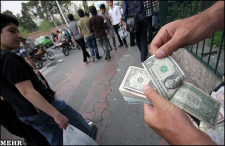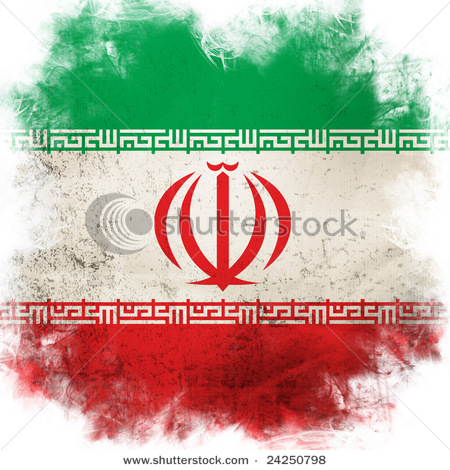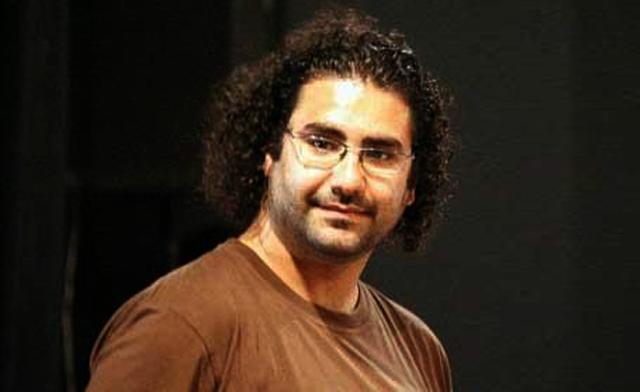The Latest from Iran (22 December): Tangoing Towards the Elections
Nikahang Kowsar on Ahmadinejad and the "dollar snake" of the currency crisis
See also Iran Analysis: The Supreme Leader is Looking for A Few Good Reformists
Iran Snap Analysis: The Currency Falls --- What Does It Mean?
The Latest from Iran (21 December): It's The Economy, Mahmoud
1831 GMT: Ahmadinejad Watch. The President might have declared this week that the Iranian economy is one of prosperity and growth, which all countries wish to emulate, but that does not mean that he is not on the lookout for some sacrifices. In a speech in east Tehran, he asked wealthy citizens to renounce their support payments for subsidy cuts. Meanwhile, he promised that the Government would ensure each family had a car.
Ahmadinejad did not say whether his request for deferred support payments is connected to reports that the Government is running a large deficit in the subsidy cuts programme.
1822 GMT: CyberWatch. IUS News, a website of hard-line Iranian students, reportedly knocked off-line earlier today, is unavailable.

 Thursday, December 22, 2011 at 9:21
Thursday, December 22, 2011 at 9:21
